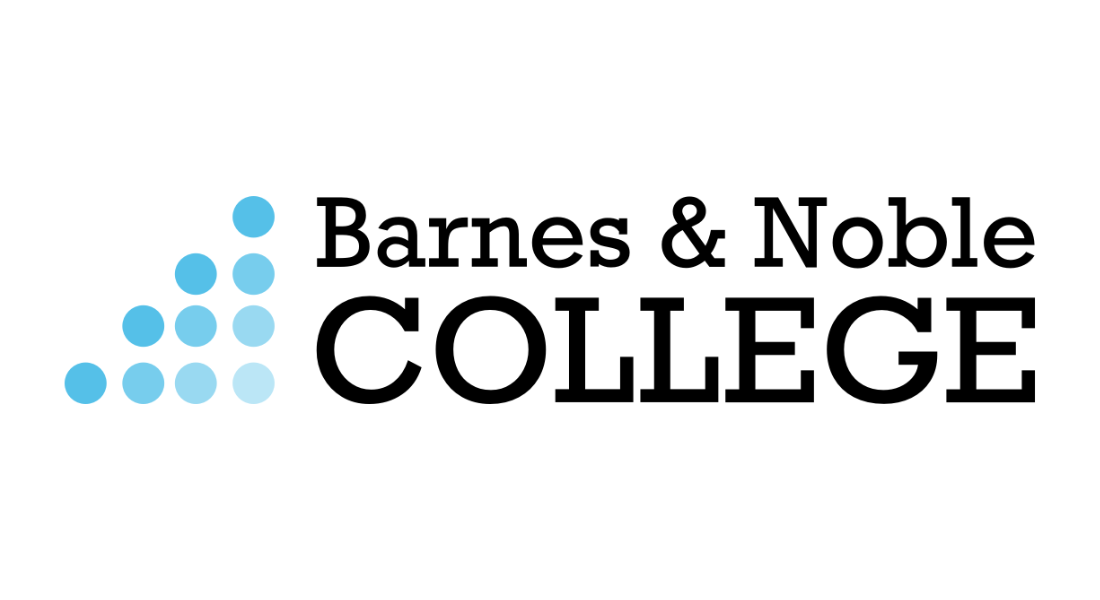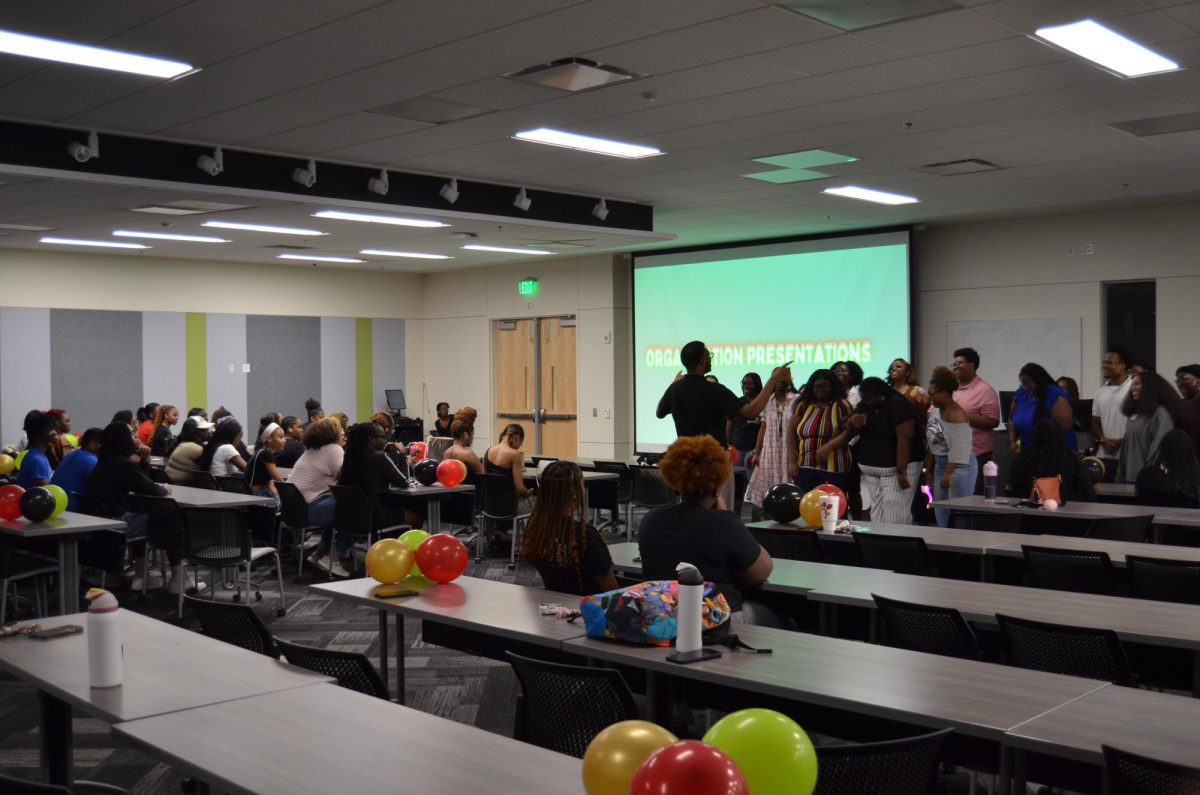Two of Georgia Southern’s top administrators are addressing the Department of Education’s Office for Civil Rights mandate to eliminate diversity initiatives by tomorrow, Feb. 28, or face potential loss of federal funding.
Georgia Southern President Kyle Marrero and Carl Reiber, Provost and Executive Vice President for Academic Affairs, addressed the proposed DEI rollbacks during a Staff Council meeting held on Friday, Feb. 21. In the meeting, President Marrero also discussed the “Dear Colleague” letter that the university received on Feb. 14 that instructs all educational institutions to “(1) ensure that their policies and actions comply with existing civil rights law; (2) cease all efforts to circumvent prohibitions on the use of race by relying on proxies or other indirect means to accomplish such ends; and (3) cease all reliance on third-party contractors, clearinghouses, or aggregators that are being used by institutions in an effort to circumvent prohibited uses of race. Institutions that fail to comply with federal civil rights law may, consistent with applicable law, face potential loss of federal funding.”
The letter goes on to say “The Department intends to take appropriate measures to assess compliance with the applicable statutes and regulations based on the understanding embodied in this later beginning no later than the 14 days from today’s date, including anti-discrimination requirements that are a condition of receiving federal funding.” The letter was dated Feb. 14. The letter did not specifically state what DEI includes or what programs may be affected under this order, however.
During the meeting, Marrero explained that Georgia Southern is already following the University System of Georgia (USG) policies that meet the letter’s expectations.
“We believe we already comply with USG policy, so when we compare that to the wording of the “Dear Colleague” letter, our interpretation is that we are already in line with the expectations of it, and that will certainly continue to evaluate along that way,” he said.
Marrero went on to assure that once he knew more, he would share updates.
“Right now, our job is to take care of each other, to ensure that as we move through this process, we continue to be led by our values to our stated goals,” Marrero said. “That’s what we can control.”
The meeting then focused on the possible threats to cut federally funded research, grants, and scholarships.
Earlier this month, The Trump Administration announced budget cuts to the NIH, also known as the National Institutes of Health. Multiple states have sued the decision, which would reduce NIH funding to universities to 15%, according to NBC News.
“At the very tail end, the overarching impact was very minimal,” said Dr. Carl Reiber, the Provost and Executive Vice President for Academic Affairs. “Worst case scenario, if NIH did reduce its indirect cost rate to 15%, it would cost us about $200,000 in indirect costs. So the good news here is, that’s pretty minimal.”
“I’ve had a lot of faculty come out when I’m walking campus, come out and ask me, you know, for guidance,” Reiber continued. “My guidance is to continue to do a great job. Continue to engage with students, and continue to engage with great scholarship. Do what you do best, and let us worry about some of these other things and help you.”
In a recent interview conducted by the George-Anne, we spoke to Georgia Southern’s Vice President for Research and Economic Development David C. Weindorf about the proposed cuts to NIH funding and what that could mean for Georgia Southern. “Thus far, the impact to Georgia Southern students and staff has been fairly minimal. However, the Office of Research and Economic Development is carefully monitoring developments and stands ready to assist affected folks should federal guidance continue to evolve.”
Cutting these costs may result in the disruption of ongoing research programs. At the time of publication, it’s still unclear if any Georgia Southern research programs will take a direct hit.
According to the Georgia Southern website, the university receives federal funding for research and grants. Federal funding also aids students directly via financial aid, federal loans and federal work student study.
The George-Anne has followed this story since the letters were first made public. Our past coverage can be found here.














